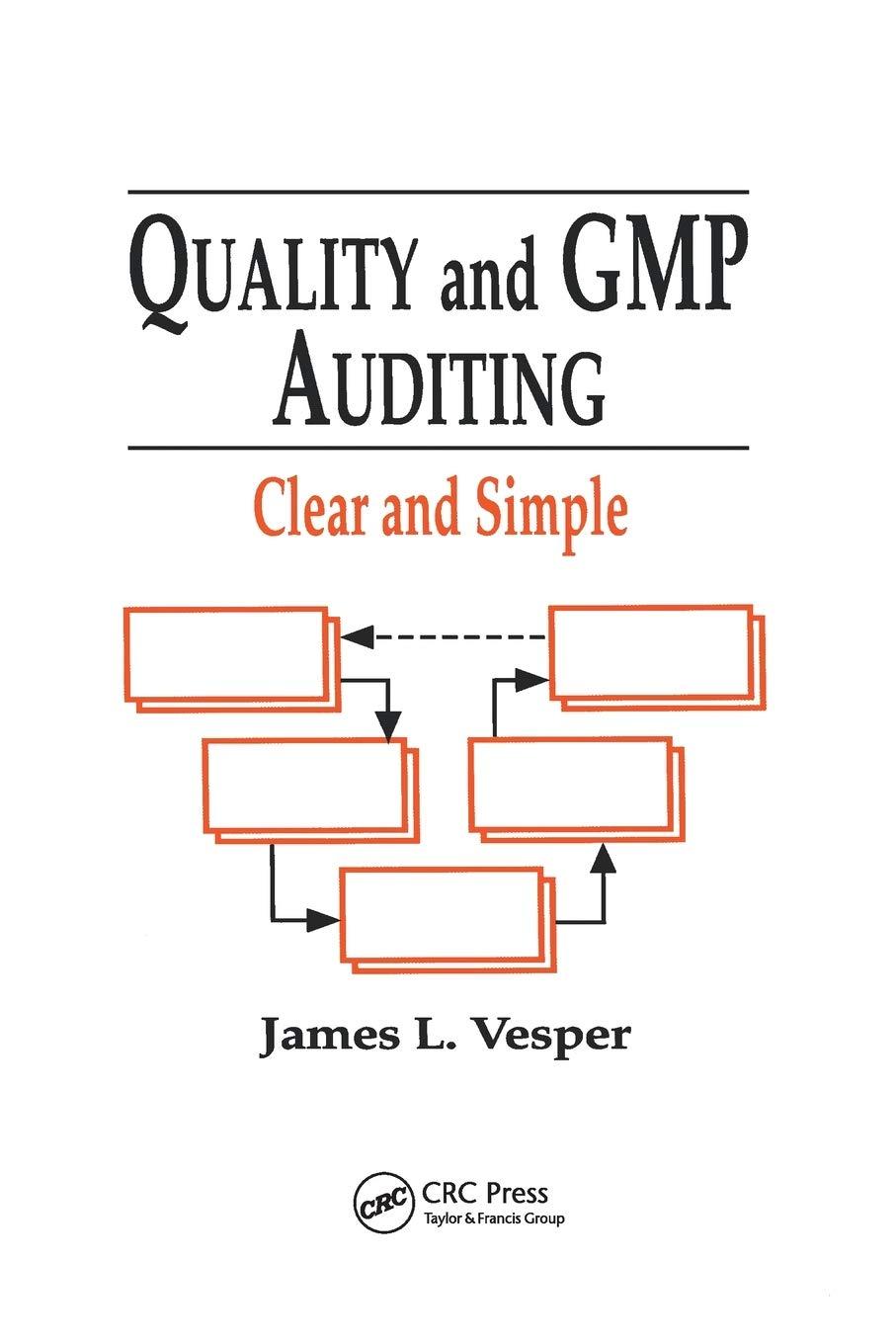




Problem B-5 Volume Trade-Off Decision; Managing the Constraint [LOB-2, LOB-3] Sammamish Brick, Inc., manufactures bricks using clay deposits on the company's property. Raw clays are blended and then extruded into molds to form unfired bricks. The unfired bricks are then stacked onto movable metal platforms and rolled into the kiln where they are fired until dry. The dried bricks are then packaged and shipped to retail outlets and contractors. The bottleneck in the production process is the kiln, which is available for 2,875 hours per year. Data concerning the company's four main products appear below. Products are sold by the pallet Gross revenue per pallet Contribution margin per pallet Annual demand (pallets) Hours required in the kiln per pallet Traditional Brick $903 $564 95 12 Textured Facing $1,340 $ 624 115 12 Cinder Block $850 $500 105 4 Roman Brick $1,056 $540 155 5 No fixed costs could be avoided by modifying how much is produced of any product. Required: 1a. Calculate the total hours required in the kiln to satisfy demand for all products. Traditional Textured Cinder Roman Total Brick Facing Block Brick Total hours required in the drying kiln 1b. Is there sufficient capacity in the kiln to satisfy demand for all products? . Yes No 2a. Calculate the profitability index for the company's four products. Traditional Textured Brick Facing Cinder Block Roman Brick 2b. What is the production plan for the year that would maximize the company's profit? (Round answer to the nearest complete pallet (i.e., 12.3 pallets should be entered as 12.) pallets pallets pallets pallets 3. What would be the total contribution margin for the production plan you have proposed? Traditional Textured Brick Facing Cinder Block Roman Brick Total $ 0 4. The kiln could be operated for more than 2,875 hours per year by running it after normal working hours. Up to how much per hour should the company be willing to pay in overtime wages, energy costs, and other incremental costs to operate the kiln additional hours? Maximum amount to operate the kiln per hour 5. The company is considering introducing a new product, glazed Venetian bricks, whose variable cost would be $915 per pallet and that would require 13 hours in the kiln per pallet. What is the minimum acceptable selling price for this new product? Time required (hours) Selling price 2 $ 0











